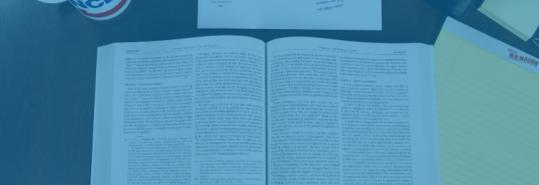Supreme Court Rules on Robocallers
July 8, 2020
A July 6, 2020 Supreme Court decision in Barr applies the same Telephone Consumer Protection Act restrictions on robocalls to collect government debt as apply to other robocalls. Otherwise the exemption for government debt would unconstitutionally favor one form of speech content over another. This article examines the ruling’s implications for litigation involving robocalls to collect government debt, other robocall litigation, and even First Amendment litigation regarding other consumer statutes.
